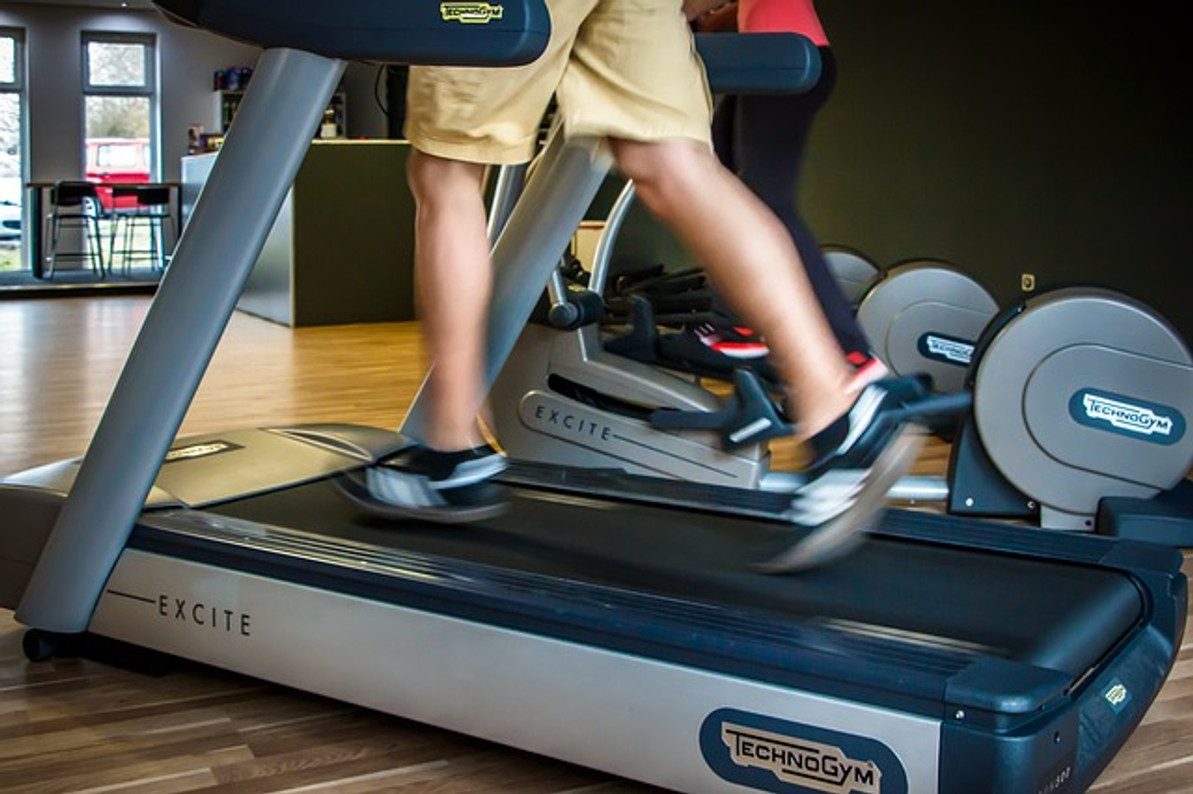Research Shows Anti-Aging Benefits of Aerobic Exercise
As we age, our bodies lose some of their muscle tissue. After age 50, for instance, the average adult will lose about 3% of his or her muscle mass per year. It's just something that comes with the territory of entering the "golden years." While there's no such thing as the fountain of youth, however, research shows that aerobic exercise may reverse age-related muscle loss.
Study Links Aerobic Exercise to Increased Muscle Mass
According to a new study published in the medical journal Nature Metabolism, aerobic exercise works to counter the muscle loss associated with aging. Researchers found that when mice performed aerobic exercise, they maintained more of their muscle mass as they aged than they control group of mice, which did not perform aerobic exercise. Although this study involved mice, researchers are confident the same results hold true for humans.
What Is the Aerobic Exercise?
Also known as cardiovascular exercise or simply "cardio," aerobic exercise consists of physical activities like jogging, running and swimming. The term "aerobic" translates into "with oxygen," which is the basis on which this type of exercise is classified. With aerobic exercise, your heart rate and breathing rate will increase, thereby fueling your body with more oxygen.
It's believed that the increased oxygen associated with aerobic exercise is responsible for its anti-aging effects. As you perform aerobic exercise, more oxygen will enter your blood. Once in your bloodstream, oxygen will travel to your muscle tissue where it protects your muscles from the effects of aging.
Tips for Performing Aerobic Exercise
For better health, you should include aerobic exercise in your lifestyle. You don't have to perform it daily, but you should try to perform aerobic exercise at least several times per week. Health experts at the American Heart Association (AHA) advise a minimum of 75 to 150 minutes of aerobic exercise per week.
Keep in mind that aerobic exercise can be taxing on your joints, especially your knees. Therefore, you may need to take breaks. Don't attempt to run a full marathon or even a half-marathon. Instead, begin your aerobic exercise regimen with shorter and easier workout sessions, such as a one- or two-mile run.
You should also include resistance training in your regimen. Aerobic exercise is certainly beneficial, but it's not a substitution for resistance training. Resistance training will expose your muscles to more pressure, which prompts your body to make them stronger and better protected against aging.
Recent Posts
-
Fire Safety in the Workplace: What You Need to Know
What steps are you taking to prevent fires in your workplace? According to the U.S. Occupational Saf …Aug 23rd 2023 -
Is It Safe to Go Jogging With a Cold Infection?
If you're suffering from a cold infection, you might be wondering whether it's safe to go jogging. T …Aug 22nd 2023 -
5 Safety Tips to Follow When Using a Powder-Actuated Tool
Powder-actuated tools are commonly used to join materials to steel and concrete. Also known as Hilti …Aug 20th 2023




